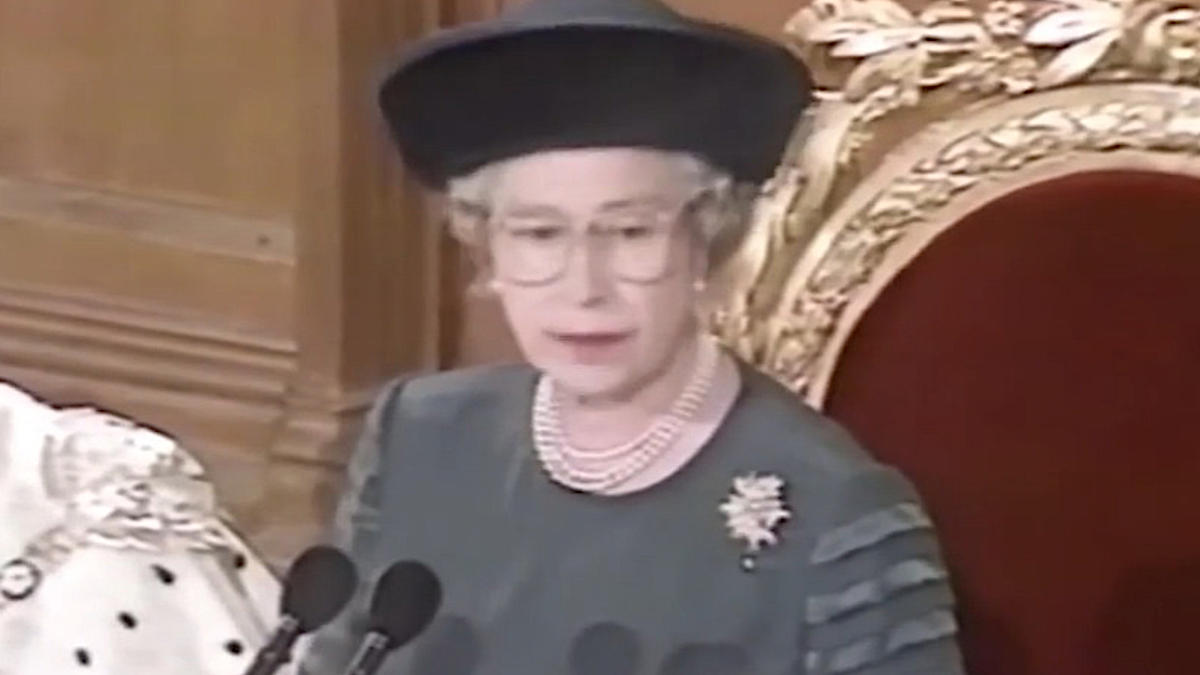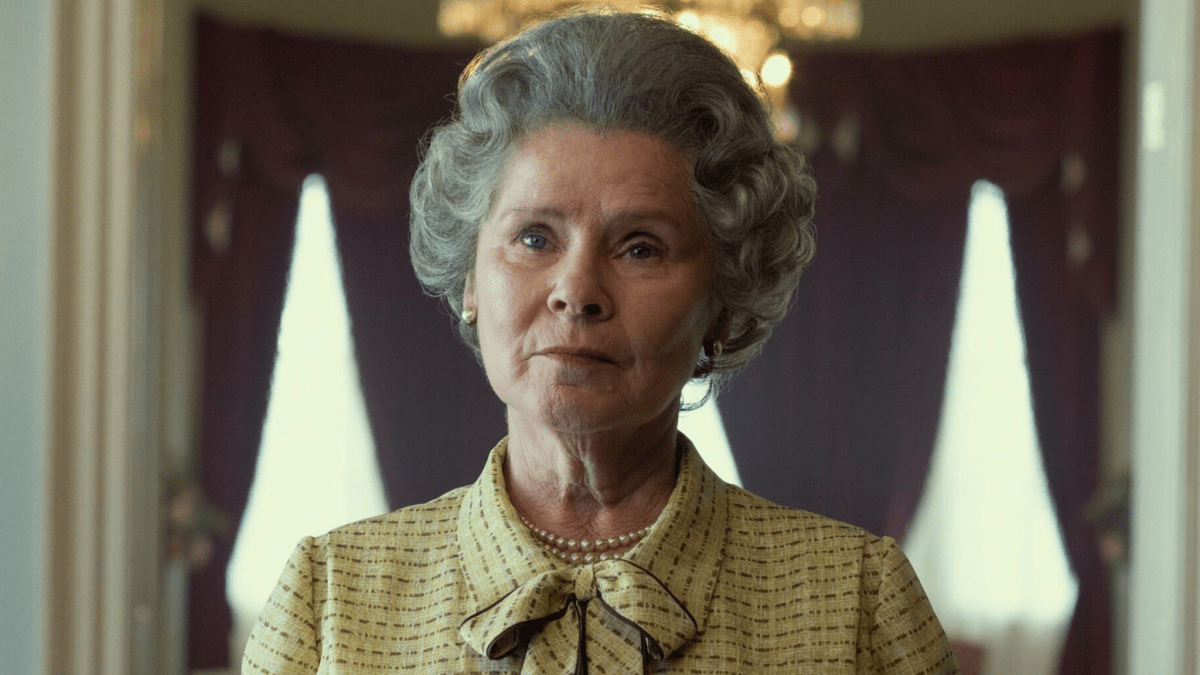In light of Queen Elizabeth II’s passing, we extend our condolences to all those in mourning on this tragic day.
The Crown — the Emmy Award-winning Netflix historical drama following the reign of Queen Elizabeth II — is gearing up for its fifth and penultimate season. Following season four’s exploration of the Queen’s reign from 1979 through to 1990, season five is set to portray the events that occurred during the early-to-mid-1990s.
For a show that’s been both revered and criticized for its ability in the historical accuracy department, the tumultuous events that occurred during the The Crown‘s upcoming timeline this season will likely make for some curious — if controversial — storytelling. Here’s what we can expect to see covered during The Crown‘s fifth season.
“Annus horribilis”

In November of 1992, during a speech that marked her Ruby Jubilee (40th anniversary) of becoming the monarch, Queen Elizabeth II dubbed 1992 as her “annus horribilis,” a Latin phrase that translates to “horrible year.”
Indeed, it was a year marred with controversy and distrust in the royal family, primarily fueled by rhetoric surrounding failing marriages within the family, among them Prince Andrew’s separation from then-wife Sarah in March, Princess Anne’s divorce from Captain Mark Phillips in April, and, of course, the divorce of Prince Charles and Princess Diana in December.
Also bringing the palace under public scrutiny were rumors surrounding the Queen’s individual wealth, which culminated in an end-of-year reform of the royal finances under then-Prime Minister John Major, which would see the Queen begin to pay income tax starting in 1993, as well as a removal of names from the civil list, of whom money would have previously been given to by the government for service to the state.
Other events that underscored such a year was a fire at Windsor Castle, the removal of Queen Elizabeth II as Mauritius’ head of state, an angry reception during her state visit to Germany, and a legal battle with British tabloid The Sun, who she claimed breach of copyright against after they publicized her Christmas message two days before it was meant to be broadcast.
The death of Princess Diana
Among the most tragic events in the history of the royal family was the 1997 death of Princess Diana — famous for her activism and charisma — despite the scrutiny brought onto her by her aforementioned divorce. She and her then-lover, film producer Dodi Fayed, passed away due to injuries sustained in a car crash; the driver, Henri Paul, had been fleeing paparazzi.
Queen Elizabeth II had been away at her holiday home of Balmoral Castle in Scotland when Diana’s death occurred. She and her late husband, Prince Philip, Duke of Edinburgh, played a pivotal role in protecting Diana’s children, William and Harry, from the resulting media explosion, keeping them at the Balmoral Castle where they could grieve without the media watching them.
But, the resulting seclusion and subsequent silence from the royal family following Diana’s death caused its own public outrage; outrage that the Queen managed to extinguish during a national address the day before Diana’s funeral.
Other notable events
- Her 1991 address of a joint meeting of the United States Congress following the end of the Gulf War, becoming the first British monarch to ever address such a meeting
- Her 1994 state visit to Russia, becoming the first British monarch to visit the country; considered one of the most important trips throughout her entire reign
- Her 1997 state visit to India, where she paid her respects at the site of the 1919 Jallianwala Bagh massacre with a memorial wreath and a 30-second moment of silence, causing much of the hostility surrounding the visit to vanish.
Season five of The Crown will release to Netflix in November 2022.

